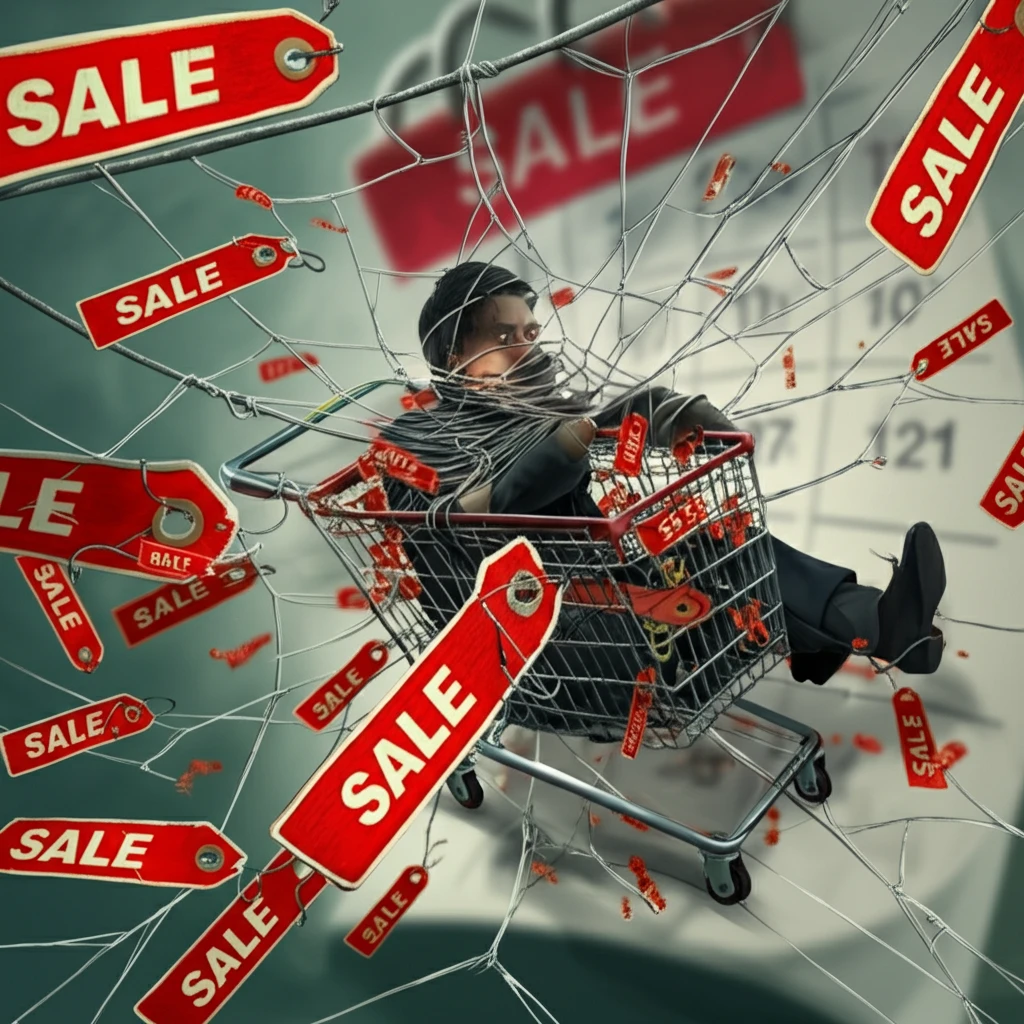
Buy It Now or Wait? How Loss Aversion Shapes Your Spending Habits
"Uncover the psychological tactics retailers use to influence your purchasing decisions – and how you can take control."
From concert tickets to vacation homes, advance purchases are everywhere. You're often faced with two choices: buy now or wait for a better deal. But what if your fear of missing out (FOMO) or paying more later is actually driving you to spend impulsively?
This article delves into the fascinating world of behavioral economics, explaining how 'loss aversion' – that nagging feeling that avoiding a loss is more important than achieving an equivalent gain – influences your purchasing behavior. We'll explore how retailers cleverly exploit this psychological bias to encourage you to buy now rather than later.
Inspired by recent research on how our expectations shape our spending, we'll uncover the hidden mechanisms behind advance purchasing. By understanding how loss aversion works, you can make smarter, more informed decisions about when to buy and when to wait.
The Psychology of 'Buy It Now': How Loss Aversion Works

Loss aversion, a well-documented concept in psychology, suggests that the pain of losing something is psychologically more powerful than the pleasure of gaining it. This bias profoundly impacts how we perceive value and make decisions, particularly when faced with uncertainty.
- Fear of Future Regret: The possibility of missing out on a good deal or an experience if you wait.
- Reference Dependence: We evaluate potential gains and losses relative to a reference point (e.g., expected future price).
- Framing Effects: How information is presented (e.g., highlighting potential losses vs. gains) influences our choices.
Outsmarting the 'Buy Now' Trap: Strategies for Smart Spending
Understanding loss aversion is the first step to overcoming its influence. By recognizing the psychological tricks retailers use, you can regain control of your spending habits and make more rational decisions. Remember to take a breath, evaluate your needs, and resist the urge to buy impulsively. Waiting might just pay off.
